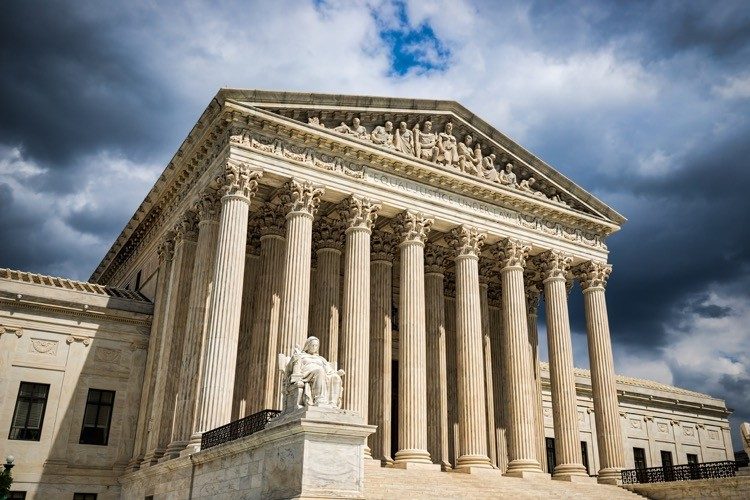
Podcast: Play in new window | Download ()
Subscribe: Android | RSS | More
The Supreme Court heard opening arguments in an important religious discrimination case on Wednesday that has been festering since 2018: Sharonell Fulton et. al. v. City of Philadelphia.
Back in 2018, the liberal Philadelphia Inquirer discovered that two religiously based foster-care agencies — Bethany Christian Services and Catholic Social Services (CSS) — wouldn’t place foster children in LGBT homes.
Initially, Bethany said, “This has been our practice throughout our nearly 75 years of operation and is based on our adherence to what we believe to be foundational Biblical principles.”
That was in March, 2018. In June, after the city shut down all referrals to Bethany because of its stance, Bethany recanted its “adherence” to those “foundational Bible principles” issuing a remarkable waffle: “While we remain compliant with the law, we also remain committed to our Christian beliefs and core values.”
To its credit, Catholic Social Services, which also had its flow of referrals from Philadelphia’s Department of Human Services cut off, stayed true to its beliefs, issuing this statement through Ken Gavin, a spokesman for the Archdiocese of Philadelphia:
Catholic Social Services is, at its core, an institution founded on faith-based principles. The Catholic Church does not endorse same-sex unions, based upon deeply held religious beliefs and principles.
As such, CSS would not be able to consider foster care placement within the context of a same-sex union.
CSS foster parents Sharonell Fulton and Toni Simms-Busch, who together have fostered more than 45 children through CSS, filed a lawsuit with the assistance of the Becket Fund for Religious Liberty. Becket describes itself as “a non-profit, public interest law firm defending the freedom of religion of people of all faiths.”
The District Court ruled against Fulton, as did the Appeals Court. In February, the Supreme Court agreed to take on the case and heard opening arguments from Becket and the city on Wednesday. Becket attorney Lori Windham said the issue is clear: “This is direct and discriminatory targeting by the city. This is exactly the kind of thing that is not permitted under the Free Exercise Clause of the First Amendment.”
It was a contentious opening, with the telephone hearing running 45 minutes over its allotted time of one hour.
While newly minted Justice Amy Coney Barrett remained in the background, Justice Samuel Alito did not: “If we are honest about what’s really going on here, it’s not about insuring that same-sex couples in Philadelphia have the opportunity to be foster parents. It’s the fact that the city can’t stand the message that Catholic Social Services and the archdiocese are sending by continuing to adhere to the old-fashioned view about marriage.”
Justice Brett Kavanaugh revealed the city’s anti-religious posture by noting that at no time in the past had any same-sex couple ever gone to CSS for assistance:
[Philadelphia is] looking for a fight and has brought that serious, controversial fight all the way to the Supreme Court even though no same-sex couple had gone to CSS, even though 30 [other] agencies are available for same-sex couples, and even though CSS would refer any same-sex couple to one of those other agencies.
Becket has included in its brief the question of a poorly reasoned ruling in 1990 — Employment Division v. Smith — which ruled that laws of “general applicability” could not be challenged on the ground that they violated the First Amendment’s protection of the free exercise of religion. Four of the court’s conservative members — Kavanaugh, Thomas, Alito and Gorsuch — have indicated that they are open to reconsidering that flawed decision.
In other words, this case could be a “two-fer”: a decision supporting Fulton and CSS, and tossing a previously flawed decision that infringed on First Amendment-protected rights. Observers are optimistic that the five conservatives will so rule.



